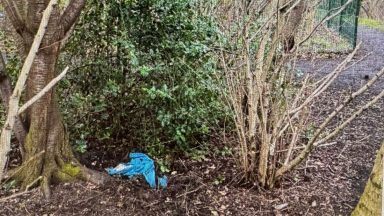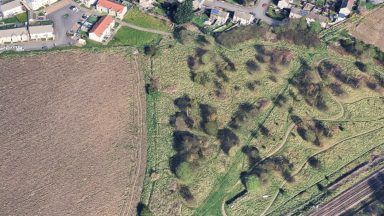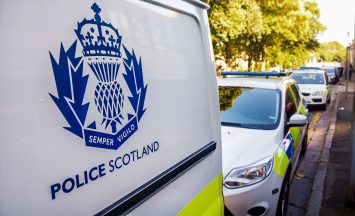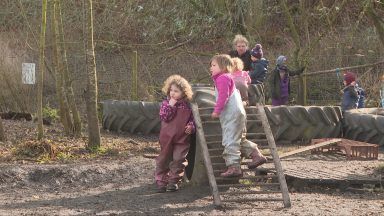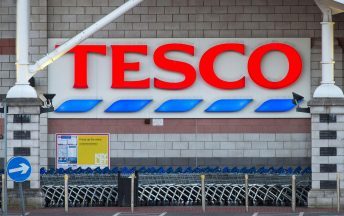Use of a toxic weed killer which threatens bee colonies and has been linked to some cases of cancer has hit a six-year high in Edinburgh despite a council commitment to cut down.
Nearly 4,000 litres of herbicides containing glyphosate were sprayed to control weeds in green spaces and on pavements and verges across the city last year, “shocking” figures revealed.
Harm to public health and biodiversity posed by the chemical have been highlighted in the council since 2015, when a motion was passed to phase out its use and look at other methods of controlling weeds, after the World Health Organisation (WHO) classified glyphosate as “probably carcinogenic”.
The level of risk to humans has been disputed however, with agencies including the European Food Safety Authority (EFSA) concluding it was unlikely to cause cancer.
Despite this, lawsuits against Monsanto – the company which produces glyphosate – have found it was a significant factor in some cancer patients’ diagnoses, with billions paid out to claimants.
The wider impact has caused concern among wildlife experts; researchers found in a study conducted last year that the ability of honeybees to reproduce and sustain colonies was damaged when exposed to the toxic substance.
GMB has campaigned for a UK-wide ban since 2018 and considers glyphosate a “severe health risk to workers”.
The union said it can “cause discomfort if it is breathed in,” exposure to the eyes “can result in conjunctivitis” and if swallowed “it may cause corrosion of the throat and can lead to kidney or liver failure”.
Figures obtained by the Local Democracy Reporting Service have revealed use of the weed killer by Edinburgh City Council has gone up in recent years, hitting a six-year high last year.
A freedom of information request found that 3,860 litres of glyphosate-based weed killer were sprayed by the council in 2022, the most since 2016.
The year previous saw 2,780 litres used, whilst 1,080 litres were used in 2020, 3,180 litres in 2019, 2,580 litres in 2018 and 2,175 in 2017.
The increase comes despite the council adopting a policy that “seeks to reduce the amount of glyphosate-based herbicide used by the authority to control weeds”.
The council said that since 2017 it has “introduced new approaches to weed management” and has trialled alternatives including “replacing the use of glyphosate-based herbicides in parks and green spaces with more frequent mulching of planting beds and mechanically controlling grass growth along footpath edges with mechanical strimmers”.
It said: “Overall, there has been significant progress in introducing alternative weed management approaches in locations that can be maintained without recourse to glyphosate-based herbicide, as well as applying herbicide far more efficiently in locations where no realistic alternatives have yet been identified.
“We have stopped the use of herbicide application in schools (during term times – only treating weeds during school holidays), parks and playgrounds.
“Our main use of glyphosate products as outlined above is the treatment of street weeds and also within open green space.”
Edinburgh Council’s Green group co-convenor Ben Parker said: “It is shocking to see that glyphosate use is actually increasing in the city.
“In September I asked the convener of the transport and environment committee what progress is being made on ending the use of glyphosate, following a Green motion proposing this back in 2015. At the time, I was assured that steps were being taken on this.
“In February this year the council declared a nature emergency, following my motion – if that commitment is to mean anything, then we must urgently roll back the use of this toxic chemical which is so damaging for our health and for the environment.”
Councillor Parker said the figures signalled the need for a “wider conversation” about how the city deals with weed management.
He said: “Many of the plants regarded as “weeds” play an important ecological role and, as a key principle, we should be working to increase the amount of greenery in the city, not reduce it.
“Continuing the use of glyphosate is incompatible with this.”
The only part of Edinburgh currently glyphosate-free is Balerno, after a community campaign persuaded the council to halt its use over concerns about the health impacts on residents and pets.
Through increased mechanical sweeping in the area the council assists ‘community weeding’ organised by the Pesticide Free Balerno group.
The council said it has had “individual requests” to stop using glyphosate in street areas” but added: “Unless we get community-wide commitment, as we received in Balerno, it is very difficult to coordinate such requests.”
Reacting to the latest figures, a spokesperson for Pesticide Free Balerno said: “The continued use of a chemical known to be harmful to health and the environment where are kids play and we walk our pets is deeply concerning, and especially as communities themselves have raised it as an issue.
“When they stopped applying glyphosate in Balerno 2020, there was noted an increase in biodiversity of 80% and parents reported a reduction or chronic health conditions being completely resolved.
“We had hoped by now, that any integrated approach for the city would at least include tried and tested, successful safe alternatives like foamstream or hot water and a serious reduction in glyphosate citywide to benefit all communities.”
Follow STV News on WhatsApp
Scan the QR code on your mobile device for all the latest news from around the country


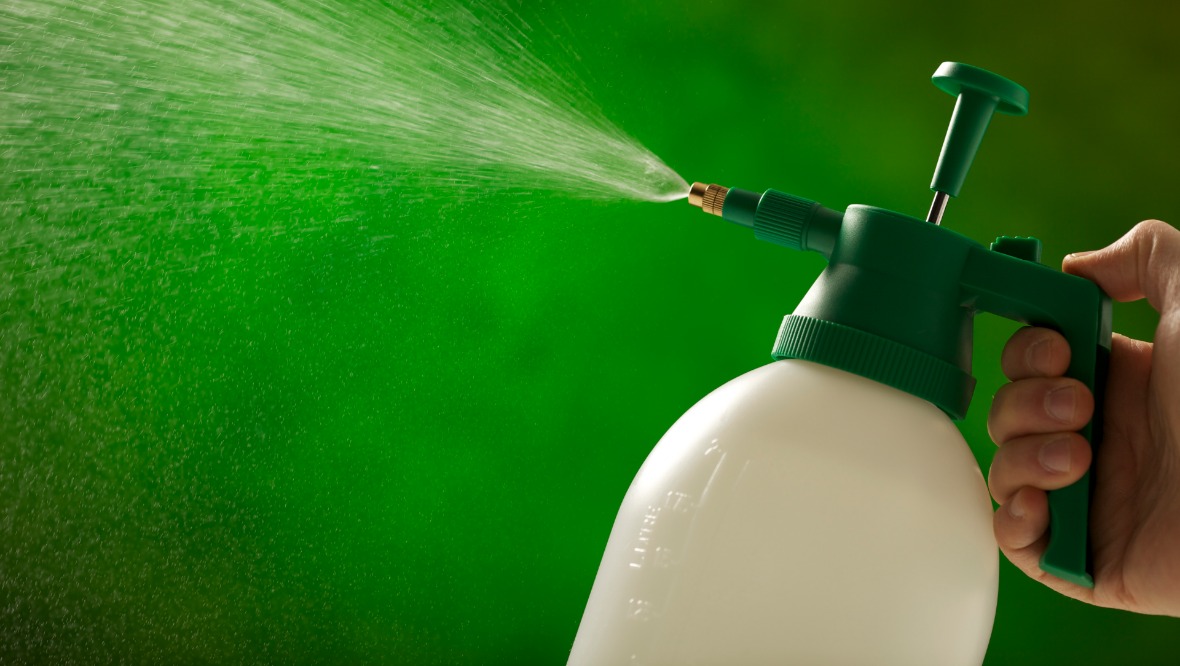 iStock
iStock














